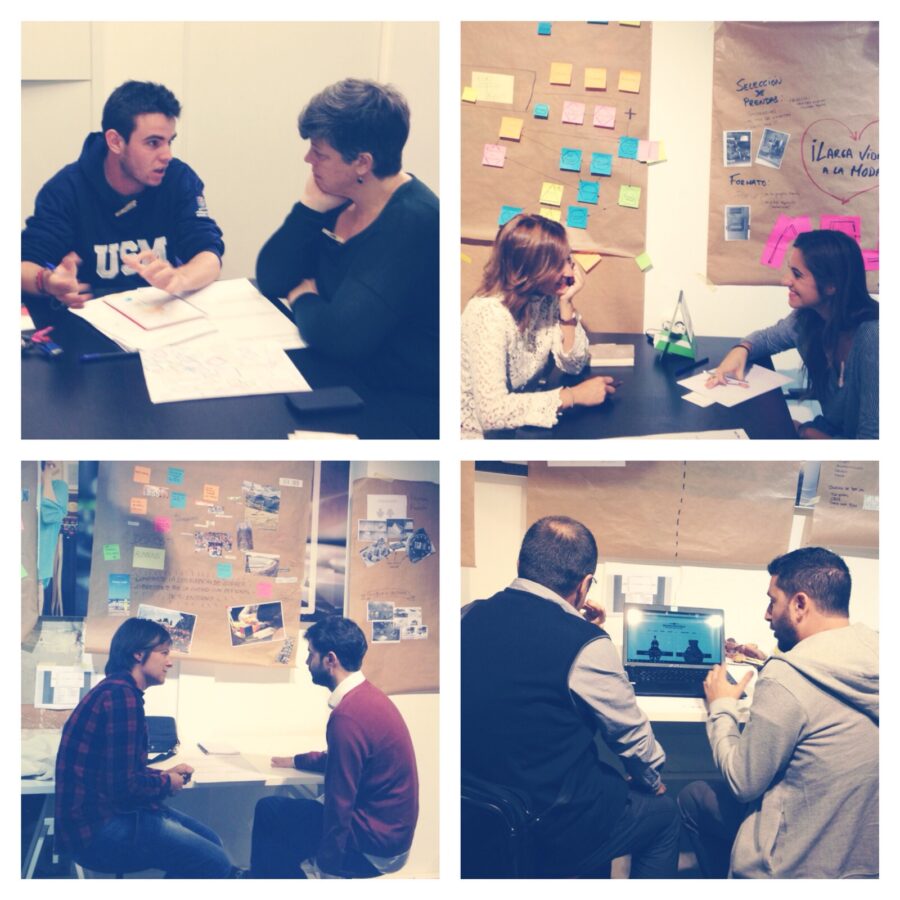
Donostia-San Sebastián is a coastal city in the Basque Country, in the north of Spain, famed for its beauty, film festival and fine food. The city has always combined a wide variety of traditional shopping areas with a new range of chic and stylish shops. However, new challenges such as the massive online shopping trend with a more informed, experienced and demanding customers are seen as urgent needs to be tackled by the City Council to maintain a vibrant and valued sector in the city that creates employment and local wealth.
Fomento San Sebastián asked ColaBoraBora and Tipi to design a programme to support and create new retail projects in the city that integrates some principles such as sustainability, innovation and collaboration. I had an active role in both the design process and the implementation stage.
A programme based on the format of Residencies, which combines training, co-creation, support and experimentation. Pop Up Commerce offers a favourable setting to participants to try and test business ideas by creating a prototype. It makes possible, via the “Pop Up” concept, exploring the previous stage to “opening a business” or bringing to market a new innovative product or service.
A methodology based on Learning by doing structured in three types of activities.
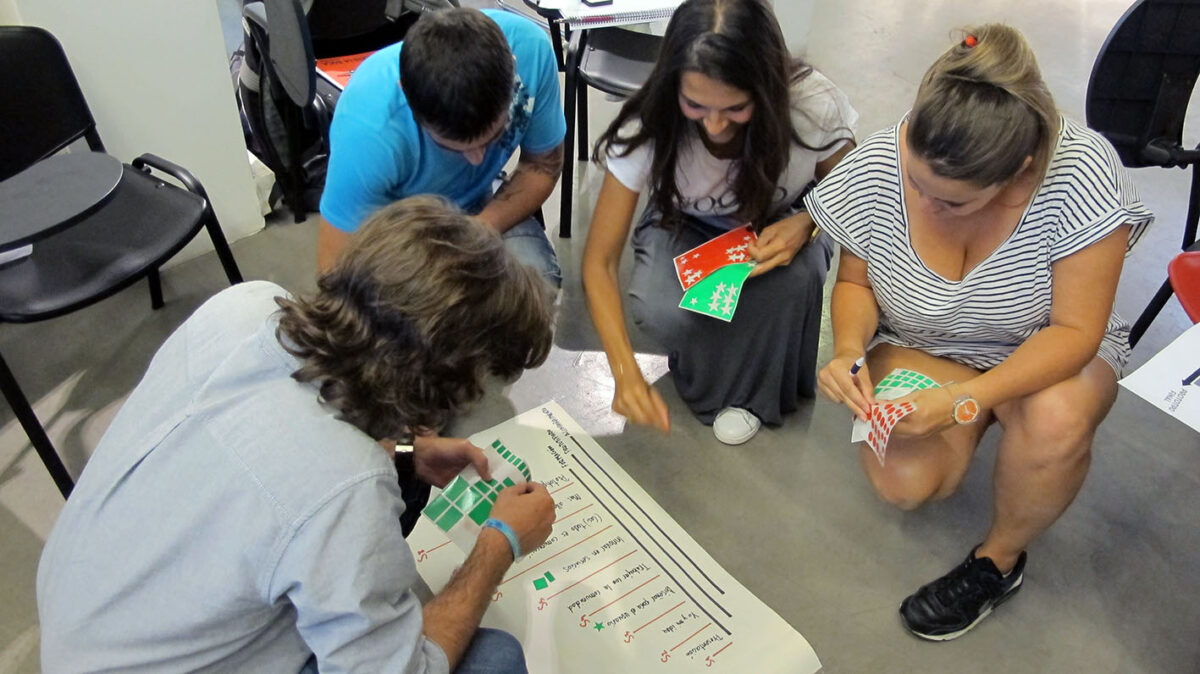
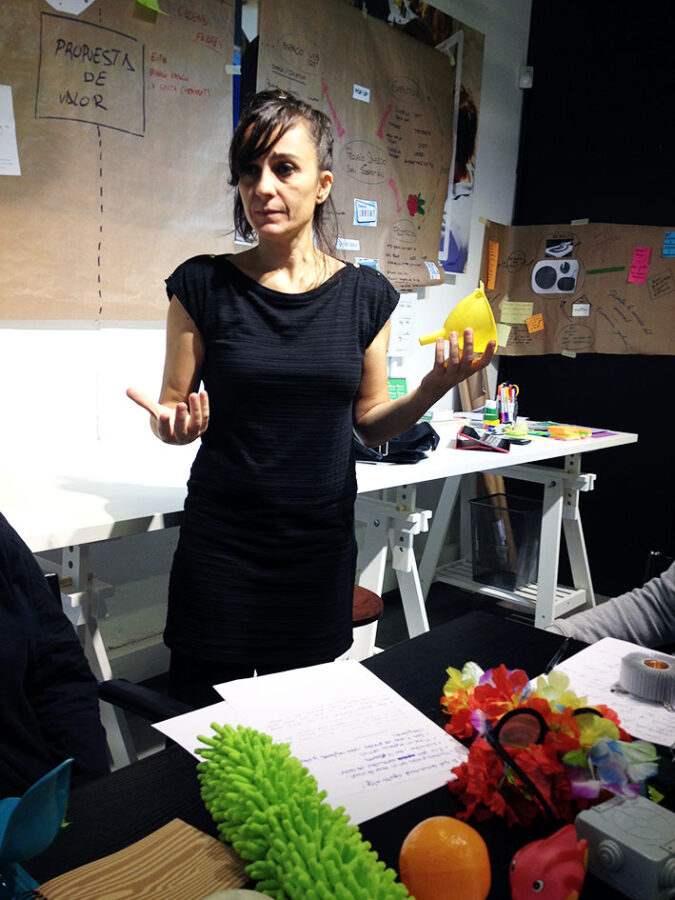
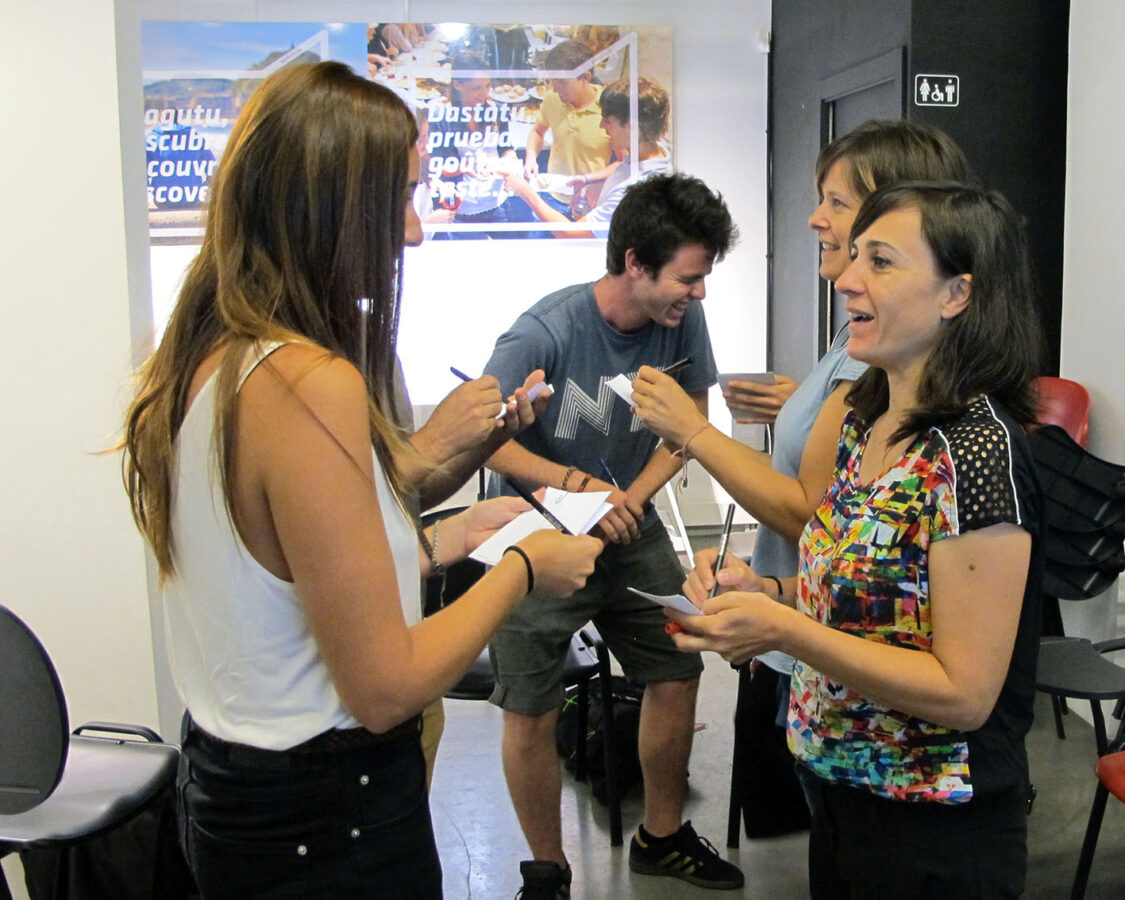
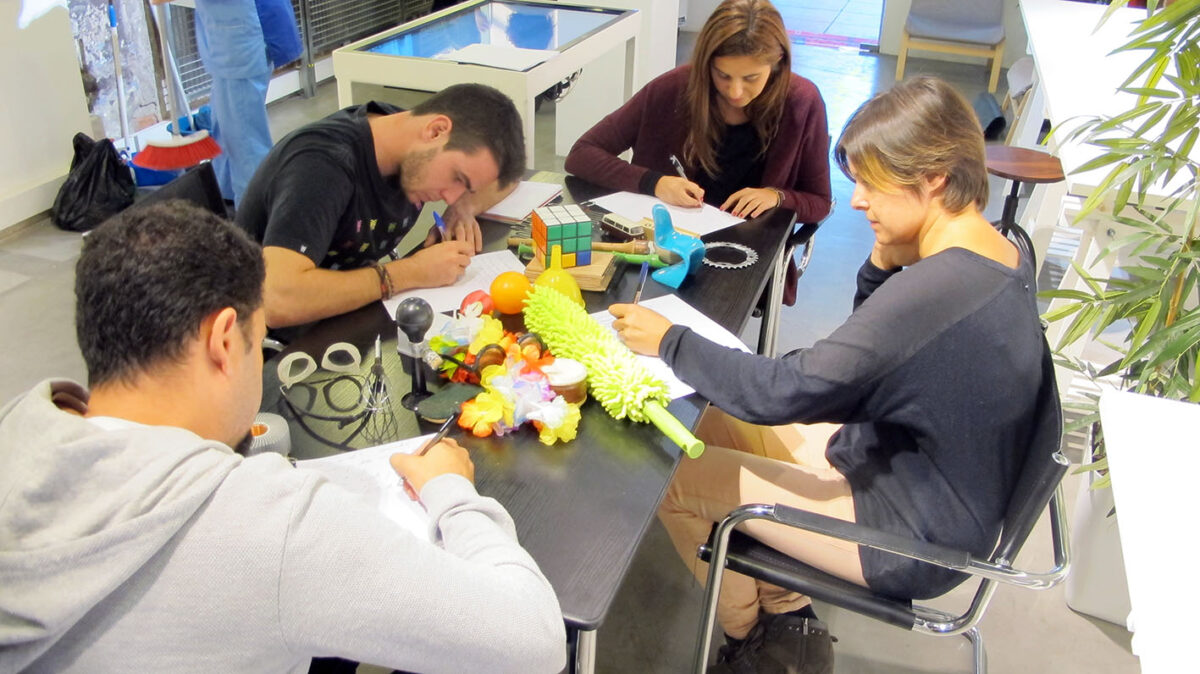
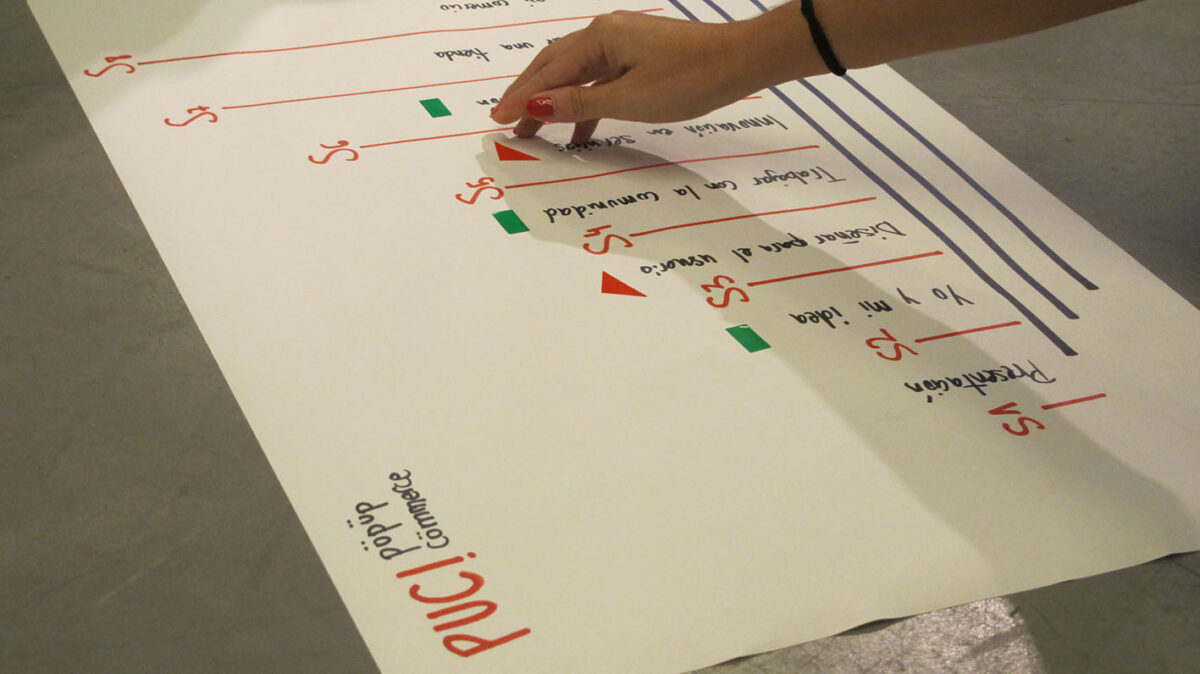
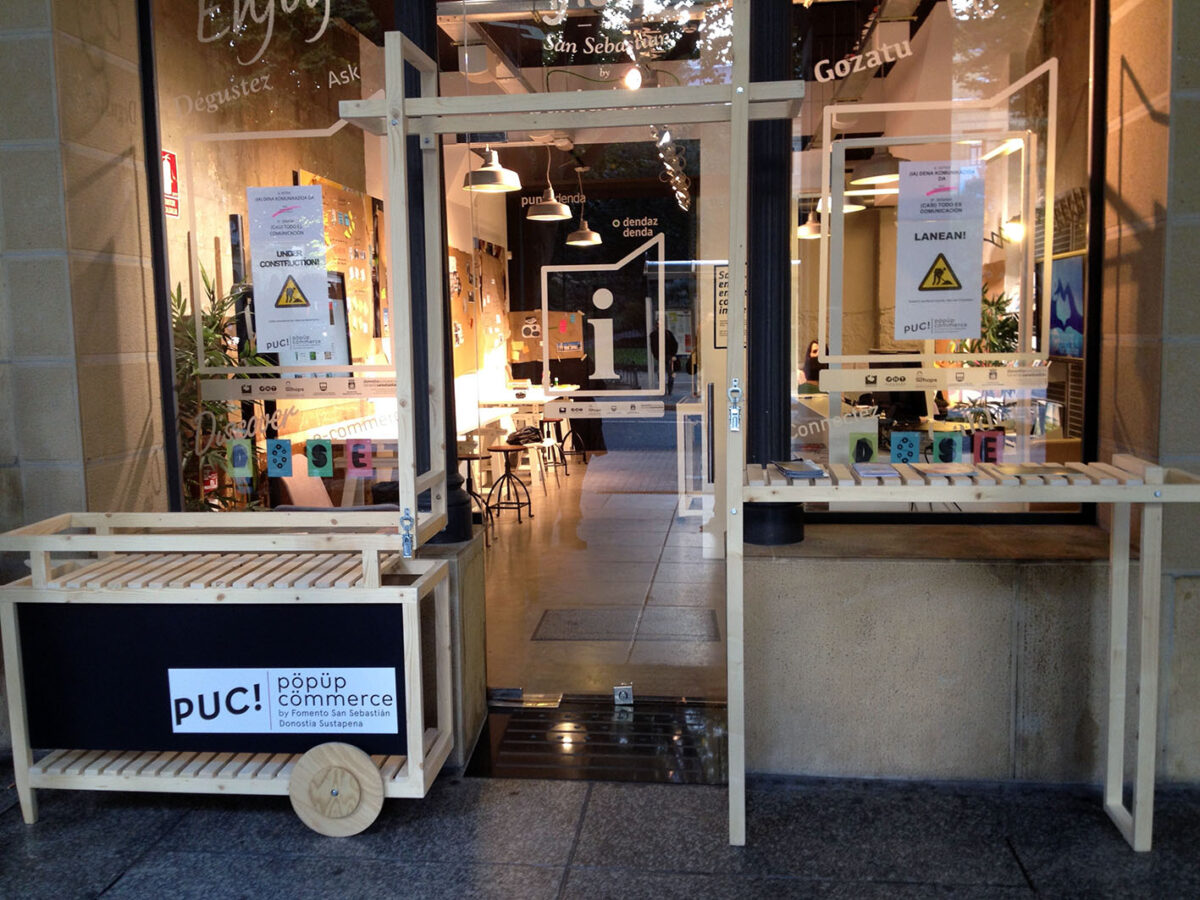
During the investigation stage, several clear trends were observed. A sector detached from its role as a neighbourhood link and socialising element. The growing opening of franchises, which don’t generate relationships or a personalised experience for the customer, are a threat to the self-sufficient, small commerce. Businesses moved to the city centre or to malls in the outskirts in opposition to the closing up of businesses and empty retail shops in the neighbourhood.
The starting problem statements to design the programme were: How to revitalise a business across the city via new commerce strategies?, What type of business and experimental ideas can survive this changing situation?, How to support the new generations to develop innovative projects?.
How can businesses be a key element and an opportunity for change in consumer habits, making them more co-responsible, ethic and sustainable?
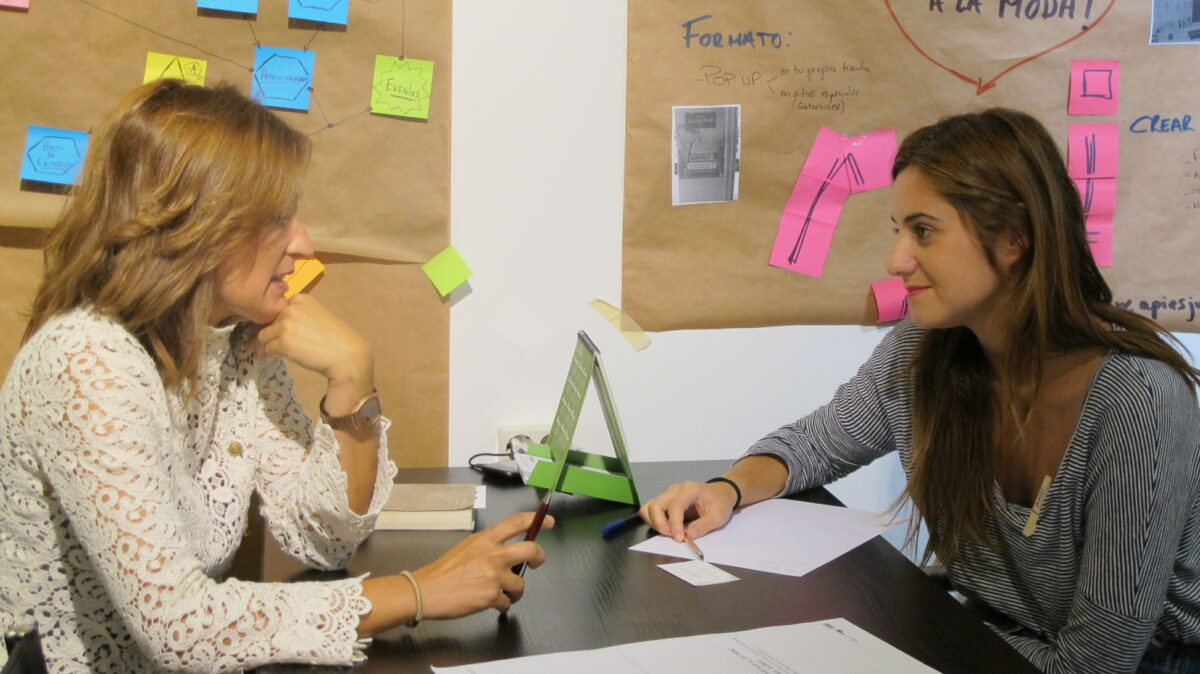
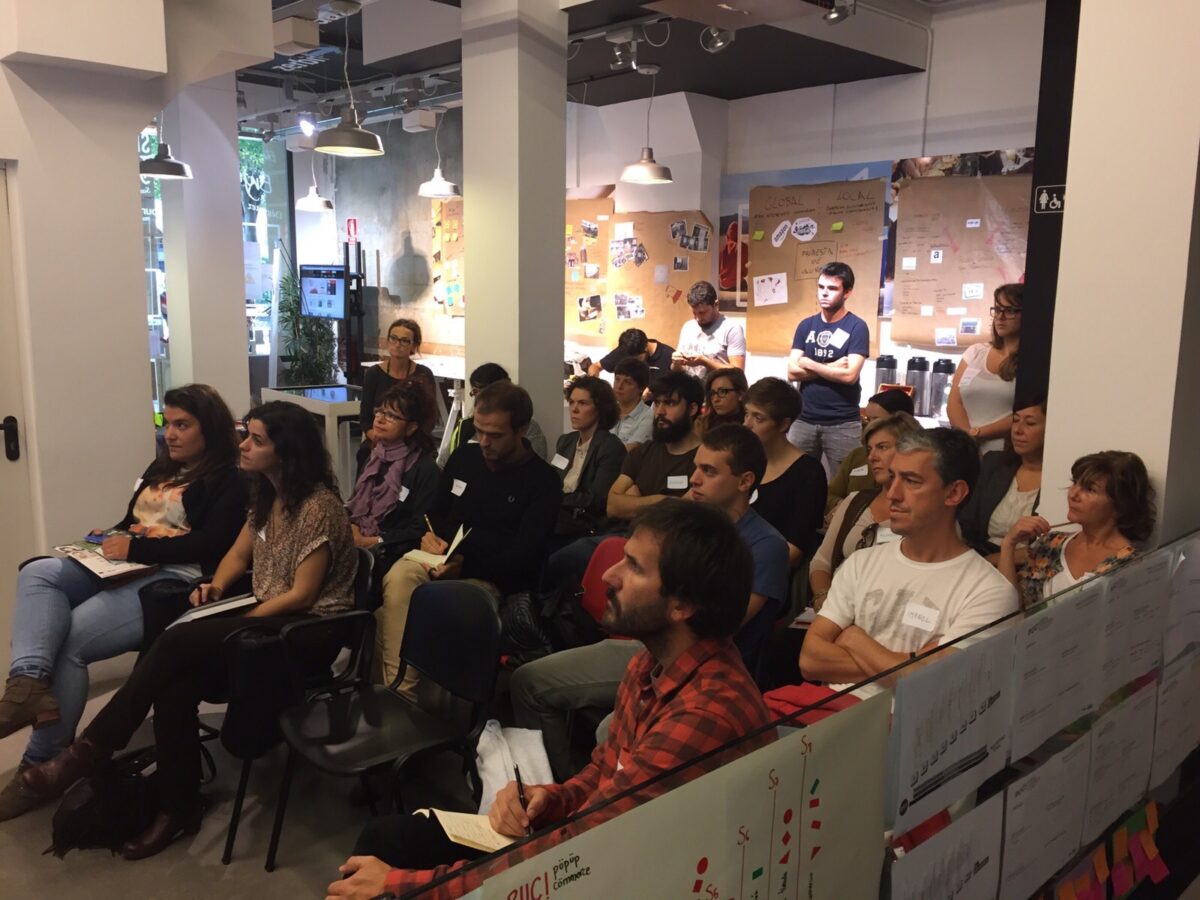
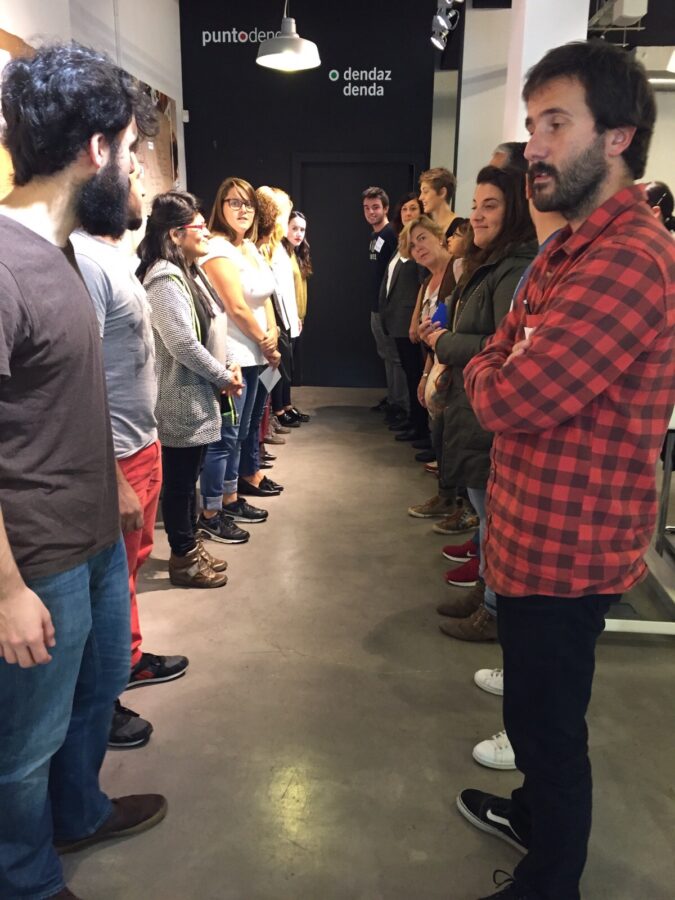
During 8 weeks, the eight participants followed intensively the given path. All the businesses ideas were brought to life in a prototype of their service, product and model business, showcased at a central square in town. The “Pop Up Prototypes Circuit” drew many visitors interested in knowing each project, its creative process and to interact with them. The programme met its goals and even exceeded expectations. Up to this date (2019), there have been four more editions.
Most of PopUpCommerce’s success was due to the coordination, collaboration and involvement of the different agents throughout the whole process, from the investigation and design to the implementation and measurement/evaluation. ColaBoraBora and Tipi facilitated a constant dialogue and an exchange between the local government techs, businesses and commerce associations, different communities and the participants. Equally, a larger community was reached by the weekly publication of the whole process (methodologies, results and learnings) through a digital blog within the Fomento San Sebastian’s website. Some of the publications have had more than 10.000 visits.
Creativity and learning through play have been essential to generate “out-of-the-box” ideas and trust in the participants.
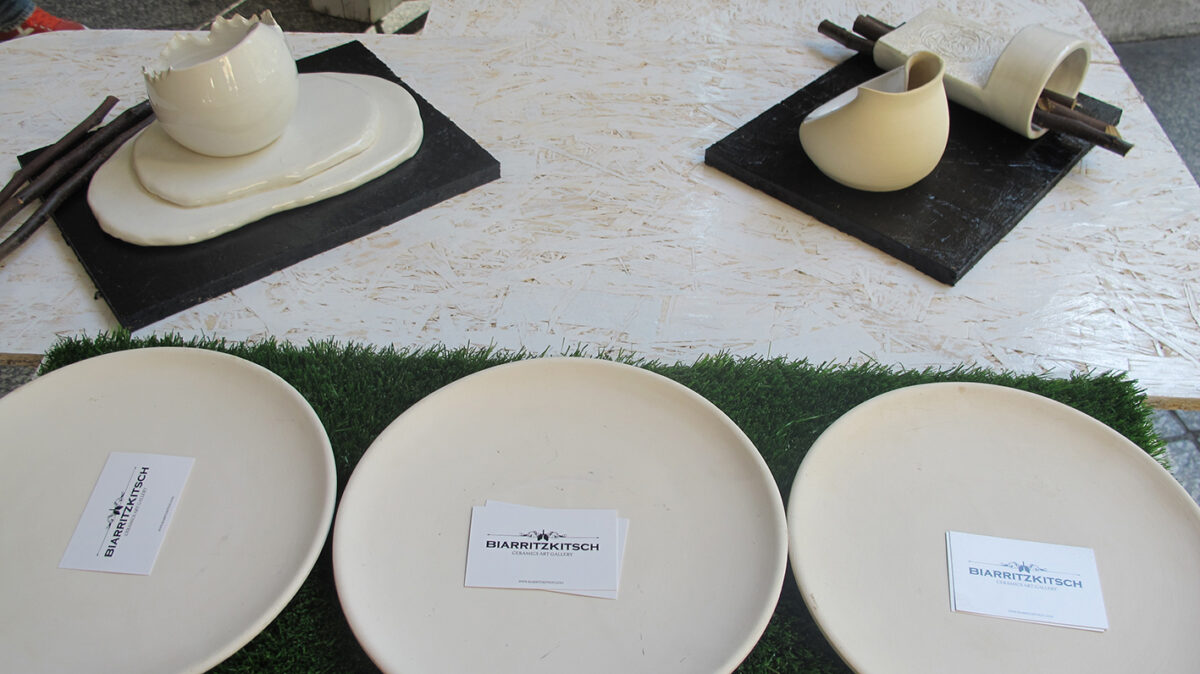
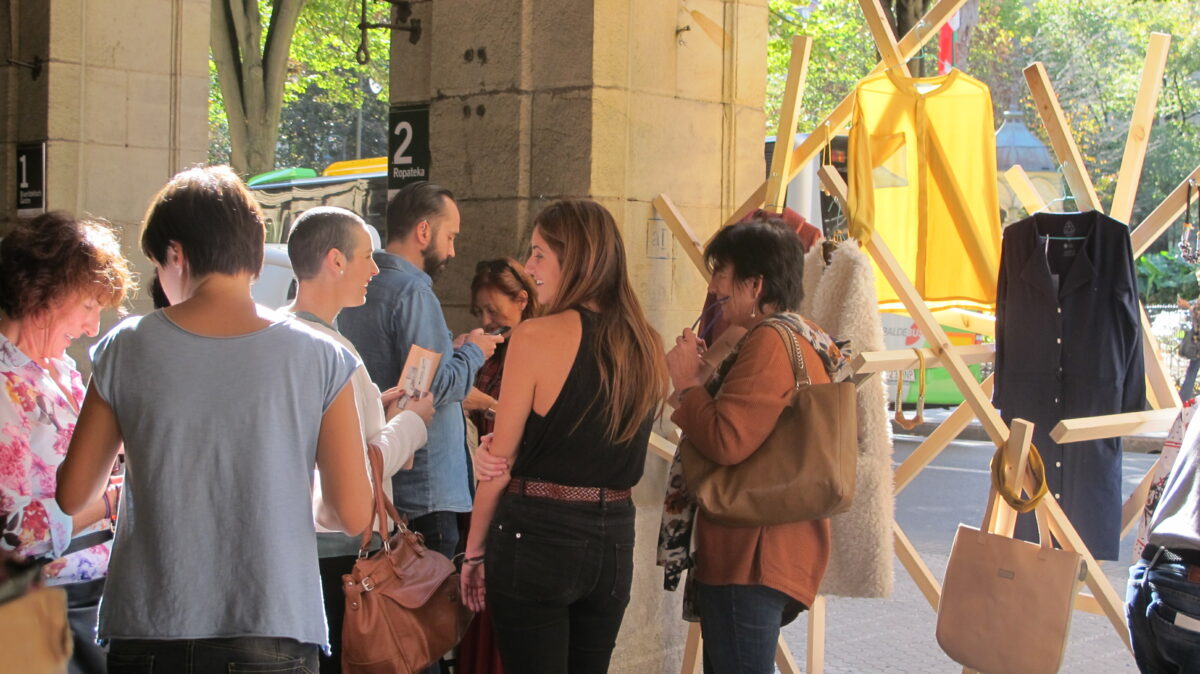
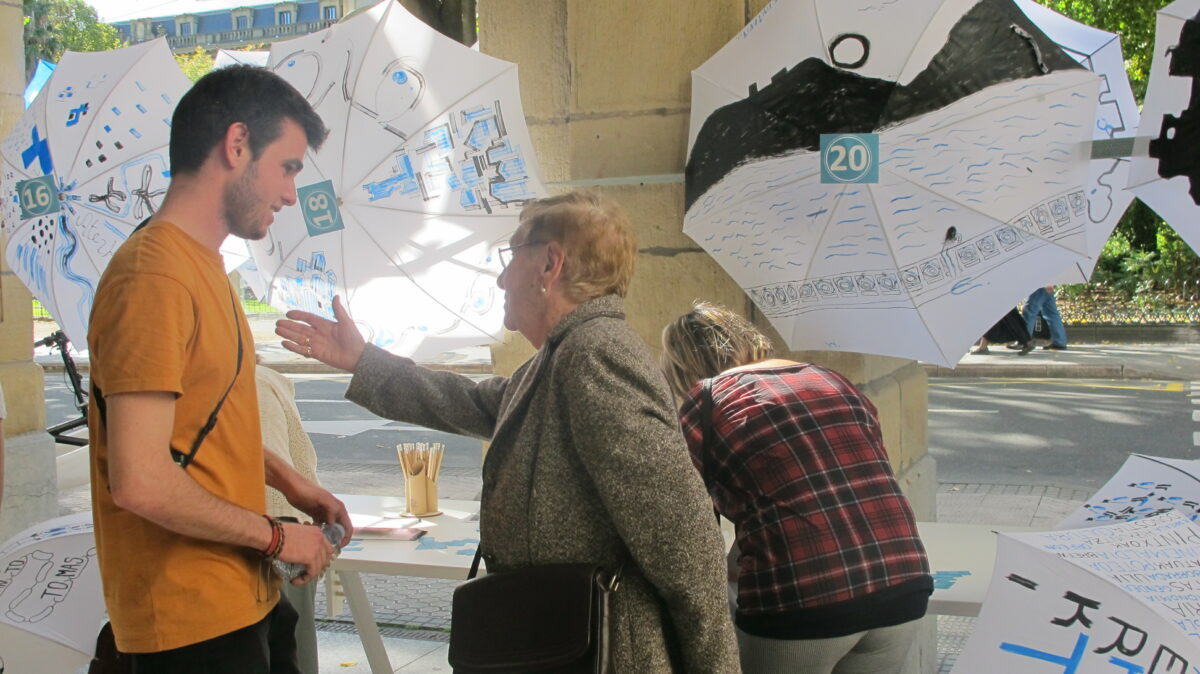
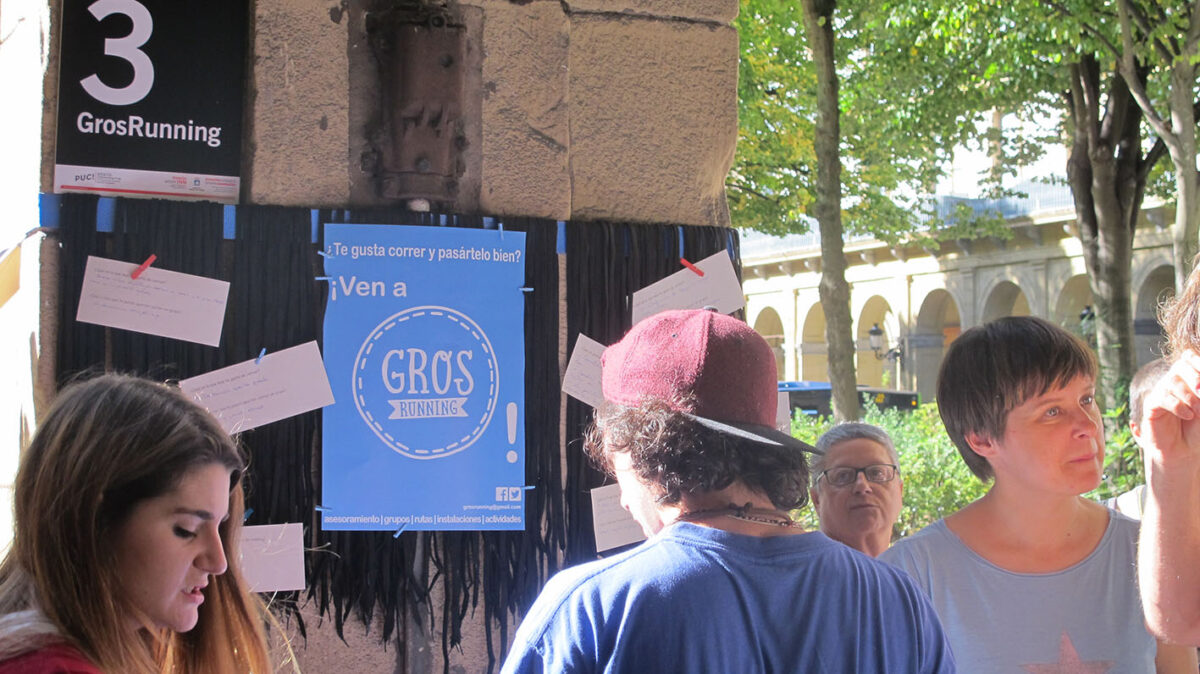
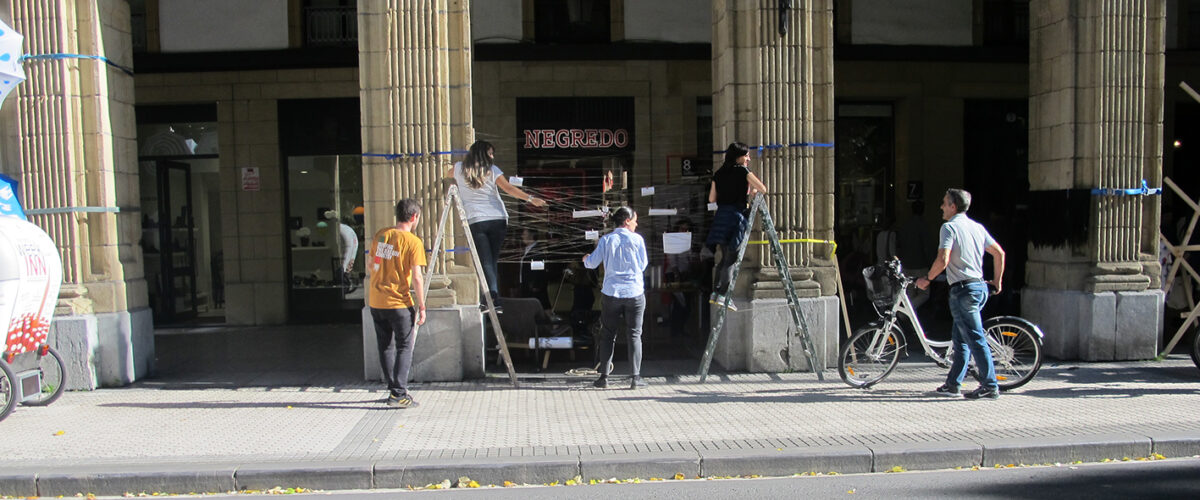
Client: Fomento de San Sebastián (City Council)
Team: ColaBoraBora and Tipi Studio
Collaborators: Petitcomitestudio (Technical support); Ion Vazquez (Team support); Pantori (Retail innovation Contents)
Date: 2015
My Role: Strategic Designer | Capacity Builder
Methods: Experience prototyping. Learning by doing. Business model canvas.